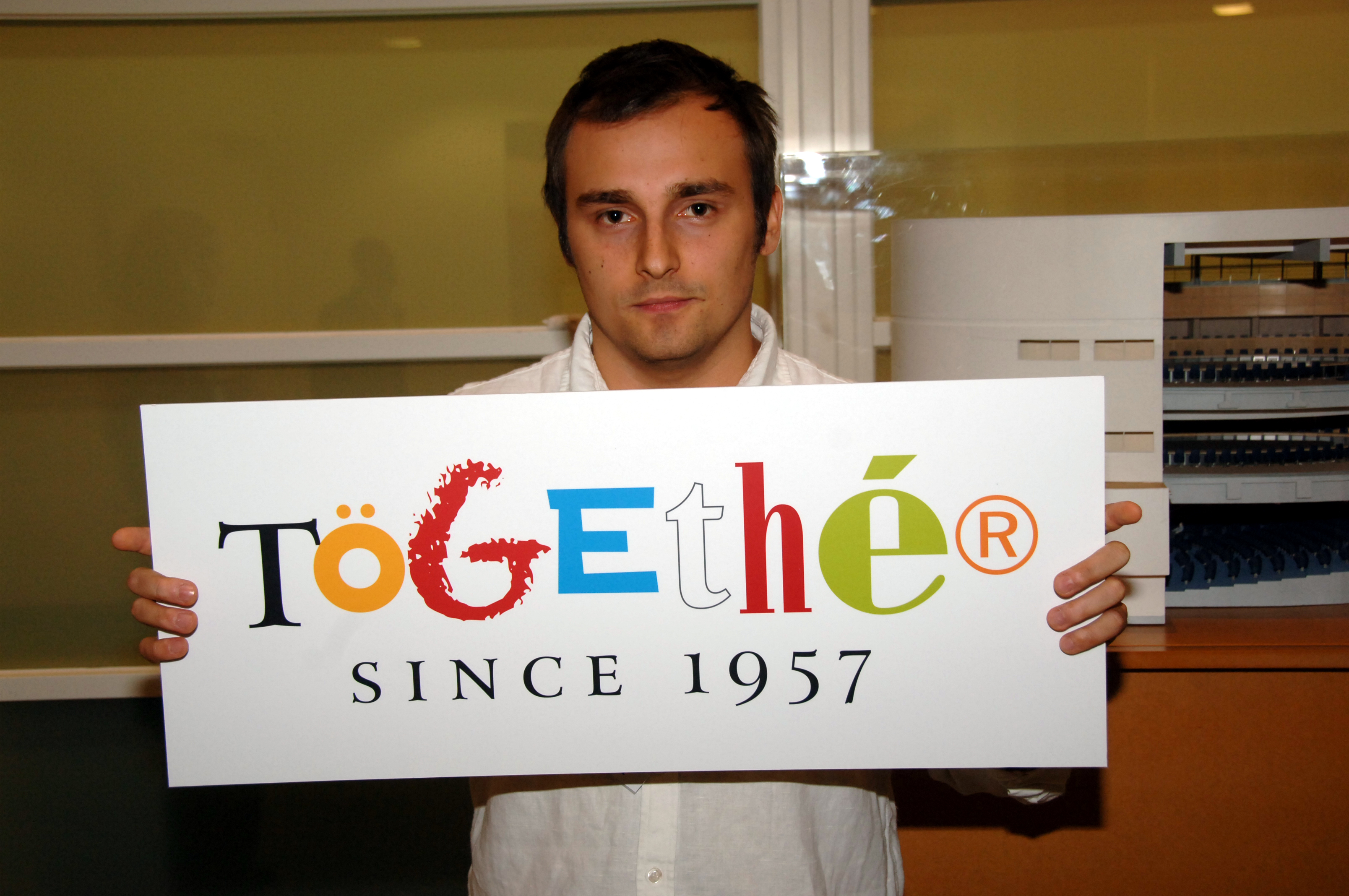By Otto Spijkers
European nations are bound within by history, by language, by culture, sometimes by skin color. The idea of Europe is to lift above all of that, to abstract from all the qualities that caused hate and war. It is very similar to the American identity, whose achievement is to unify all the disparate parts: people with different backgrounds, ideas, races and religions.
After the establishment of the European Community in 1957, Europe’s seemingly never-ending series of interstate wars finally came to an end. In fact, the young generation will probably find it hard to imagine that any European country will ever again attempt to conquer Europe by force. This is nothing short of a miracle. Nonetheless, the European Union is not popular at all. A Financial Times poll shows an outcome even more Eurosceptic than the BBC’s poll referred to above: 44 per cent of citizens think life has gotten worse since their country joined the European Community, and only 25 per cent of the Europeans questioned felt life in their country had improved since it joined the community. How can this be explained?
"Europe has certainly lost confidence in itself", says Bernard-Henri Levy. Is that the big problem? If so, then the Americans may help boost our confidence. TIME magazine gives us 20 reasons to love Europe (the BBC lists ten things the EU has done for you). One of the best (American) blogs on international law, opinio juris, wishes us all a happy birthday, and has nothing but praise for Europe. And then there’s the generous words of Jeremy Rifkin (see previous post). Perhaps it is the little misunderstandings, or the "euromyths", that have caused the scepticism? The BBC explains once and for all why these misunderstandings are indeed misunderstandings or myths, not facts.
Perhaps the main problem of the European Union is simply its success: no more wars, no more poverty, no more borders … no more nothing. Charles Hawley says: "the 27-country bloc has become bureaucratic and boring." However, he immediately adds: "That, though, is precisely why it should be celebrated."
 Not all Europeans will boycott EU’s fiftieth birthday, of course. There are many parties organized for tomorrow, and I guess both Eurosceptics and Europhiles are invited. In Berlin, after the politicians will have enjoyed their Beethoven’s 5th Symphony by the Berlin Philharmonic, there will be an all-night EU clubbing extravaganza in various nightclubs, with free bratwurst and beer, and museums will open all night. Europeans sure know how to party. Here at Leiden University we celebrate the EU’s birthday with a series of podcasts (in Dutch).
Not all Europeans will boycott EU’s fiftieth birthday, of course. There are many parties organized for tomorrow, and I guess both Eurosceptics and Europhiles are invited. In Berlin, after the politicians will have enjoyed their Beethoven’s 5th Symphony by the Berlin Philharmonic, there will be an all-night EU clubbing extravaganza in various nightclubs, with free bratwurst and beer, and museums will open all night. Europeans sure know how to party. Here at Leiden University we celebrate the EU’s birthday with a series of podcasts (in Dutch).
